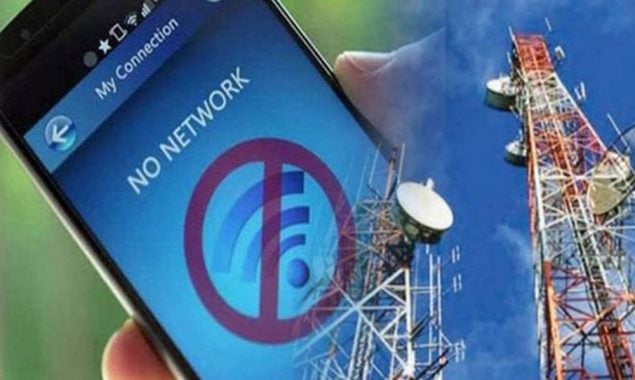Internet users across Pakistan are facing persistent slow speeds and connectivity issues, turning what was once a temporary inconvenience into a national frustration.
Over the past few weeks, complaints have poured in from major cities — including Karachi, Lahore, Islamabad, and Peshawar — about sluggish internet performance and frequent network outages.
The Pakistan Telecommunication Authority (PTA), however, maintains that no widespread fault has been reported and insists that “services are functioning normally.” But speed test data and user experiences suggest otherwise.
Telecom experts attribute the slowdown to limited radio frequency spectrum availability, coupled with underinvestment in network infrastructure. Pakistan’s 4G networks are under heavy strain, while the delayed rollout of 5G technology continues to widen the country’s digital gap.
Dr. Atif Yousaf, a telecom engineer based in Lahore, explained:
“The slowdown isn’t just technical — it’s structural. The government hasn’t released the necessary spectrum bands for 5G, while existing 4G systems are overloaded. Without new investment, the system simply can’t handle the demand.”
Another major issue is the information gap between consumers and policymakers. Many users remain unaware of how internet speeds depend on spectrum allocation, data infrastructure, and network capacity.
Experts warn that unless Pakistan ramps up its digital infrastructure investment and modernizes its telecom policies, it risks falling further behind in the global race for digital connectivity and innovation.



